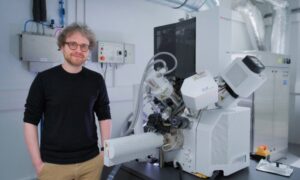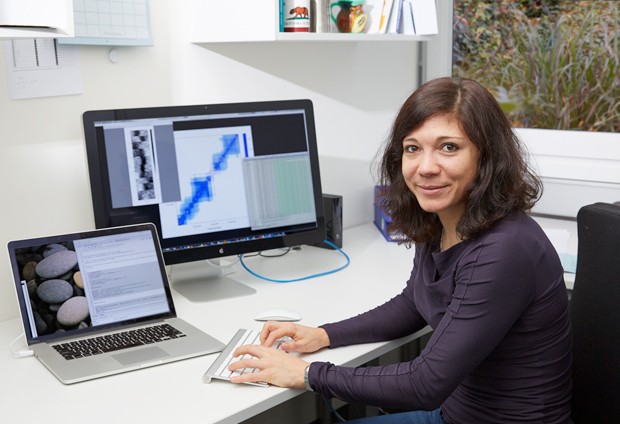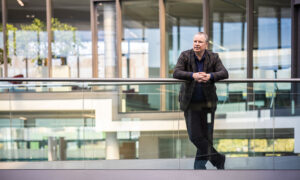
Welcome: Judith Zaugg
Whether it’s combining different levels of information or collaborating with people in a variety of fields, the art of connecting is key to new group leader Judith Zaugg.

A growing number of large-scale studies have found links between changes in specific DNA sequences and a variety of diseases. Judith Zaugg’s group will attempt to understand what those links mean at the molecular level, by combining insights from genetics with information from studies of the assortments of proteins and other molecules that take part in cells’ chemical reactions (proteomics and metabolomics, respectively).
What inspires you?
I draw a lot of inspiration from other people – I think everybody has something that you can learn from. If you listen carefully to people and really try to understand what they’re doing, you can get very inspired.
I think everybody has something that you can learn from. If you listen carefully to people and really try to understand what they’re doing, you can get very inspired.
Name one tool you can’t do without:
Oh, my laptop!
Whose work at EMBL intrigues you? Do you already have potential collaborators in mind?
An important aspect of my group will be collaborating with a lot of different people. So yes, I definitely already have some collaborators in mind. With Martin Beck, I’m going to collaborate on the proteomics side, to strengthen the genetic understanding of proteomic differences. Another person I’m planning to collaborate with is Kiran Patil, on the metabolomics part, trying to look at the differences in metabolite levels, for example, across individuals and trying to understand the genetics of that.
What is your philosophy for running your lab? What will you be looking for as you build your group?
You have to be genuinely interested and enthusiastic about science; and you have to be very curious – I want to work with smart and curious people that enjoy doing their science. I think fun is an important aspect, because you spend so much of your time doing science, that it has to be a lot of fun.
I want to work with smart and curious people that enjoy doing their science
If there was a motto hanging at your lab’s door, what would it be?
We do great science, and have great fun doing it!
Where do you come from? What are the best things about life science in your country?
I’m from Switzerland. Switzerland is very strong in life science, with all the pharmaceutical companies that are based there, and the two federal institutes that do very impressive work in life science and engineering. Thanks to the strong collaboration between universities and industry, Switzerland has also a long track record of translating research into actual medicine.
What’s the best advice you received (or wished you had received) in your career?
The best advice I received is not to take any advice too seriously. If you ask 10 people about the same specific question everybody will give you a totally different answer. Then it is your task to choose which answer is the most appropriate for your situation. So, don’t take any single advice too seriously – except for this one, of course!


